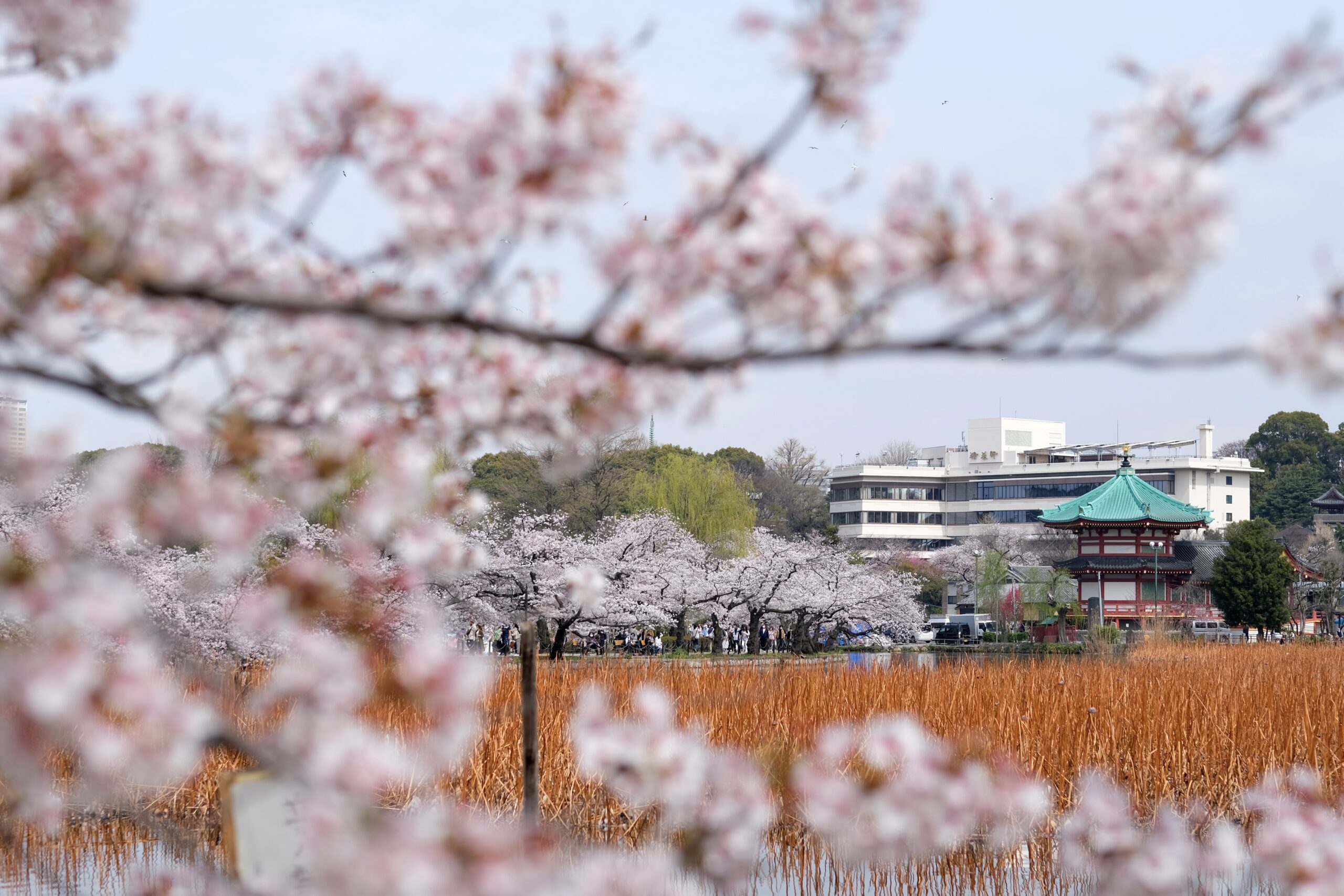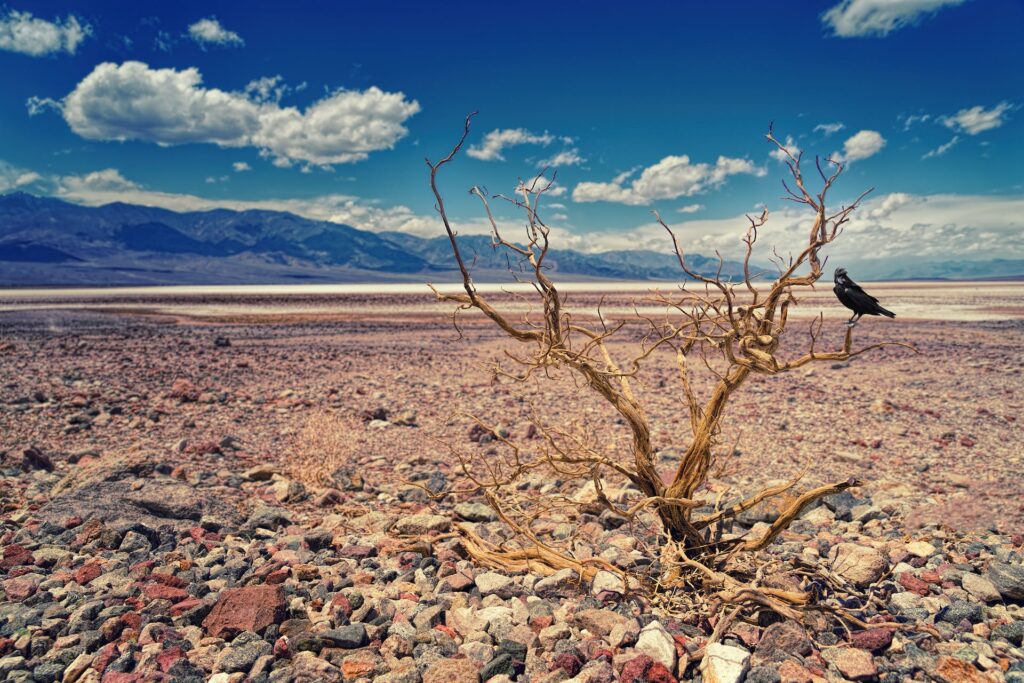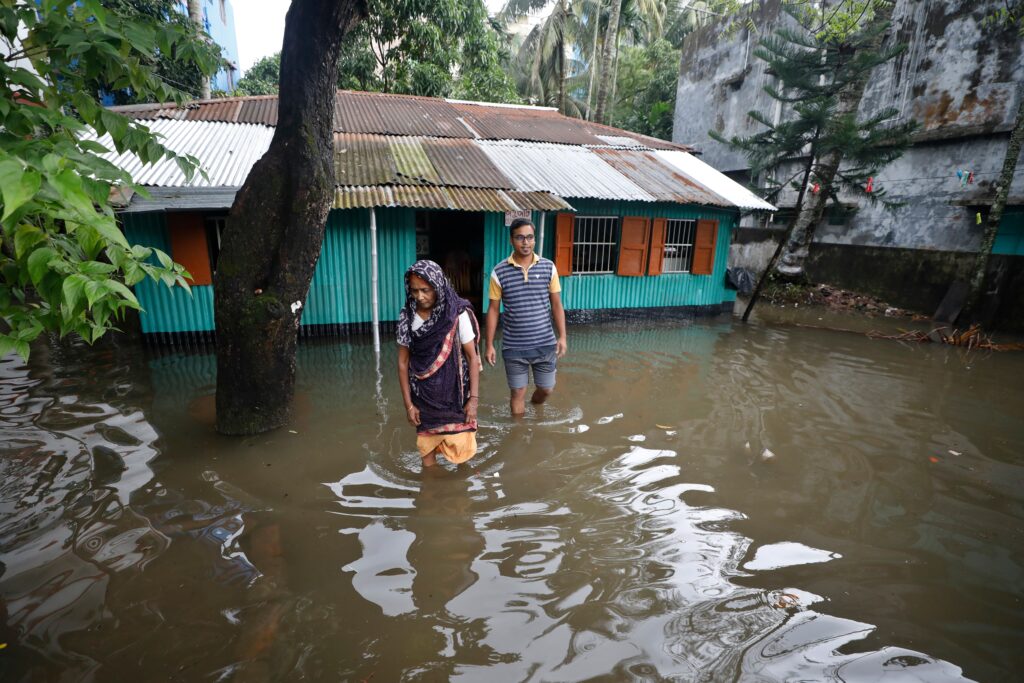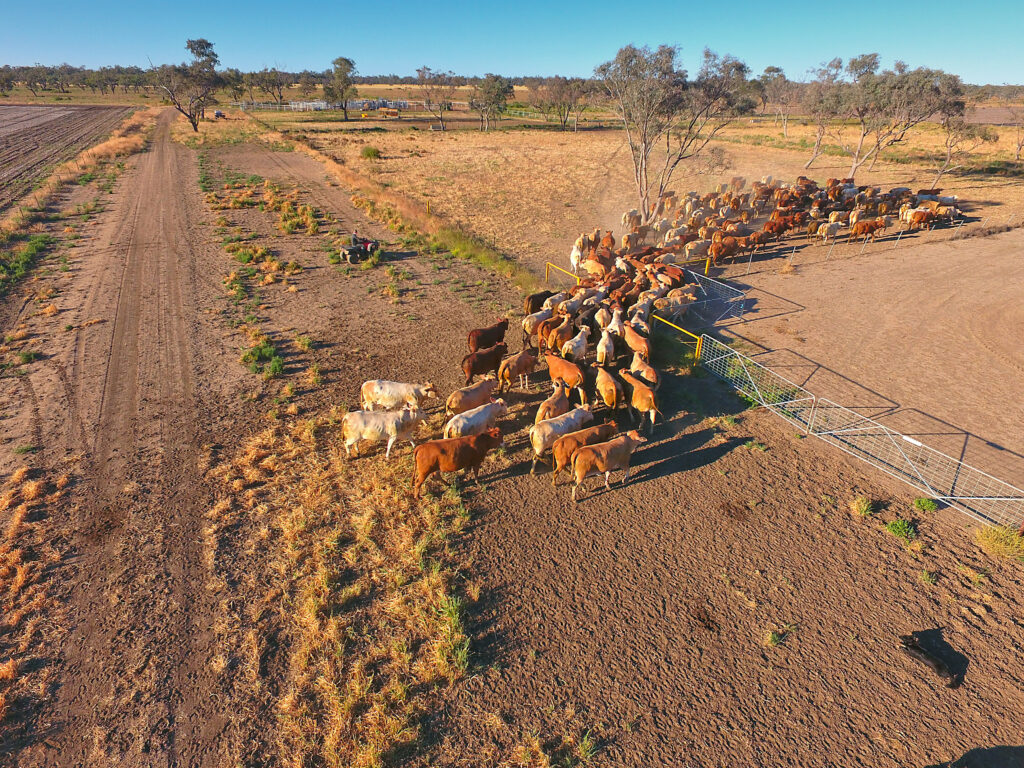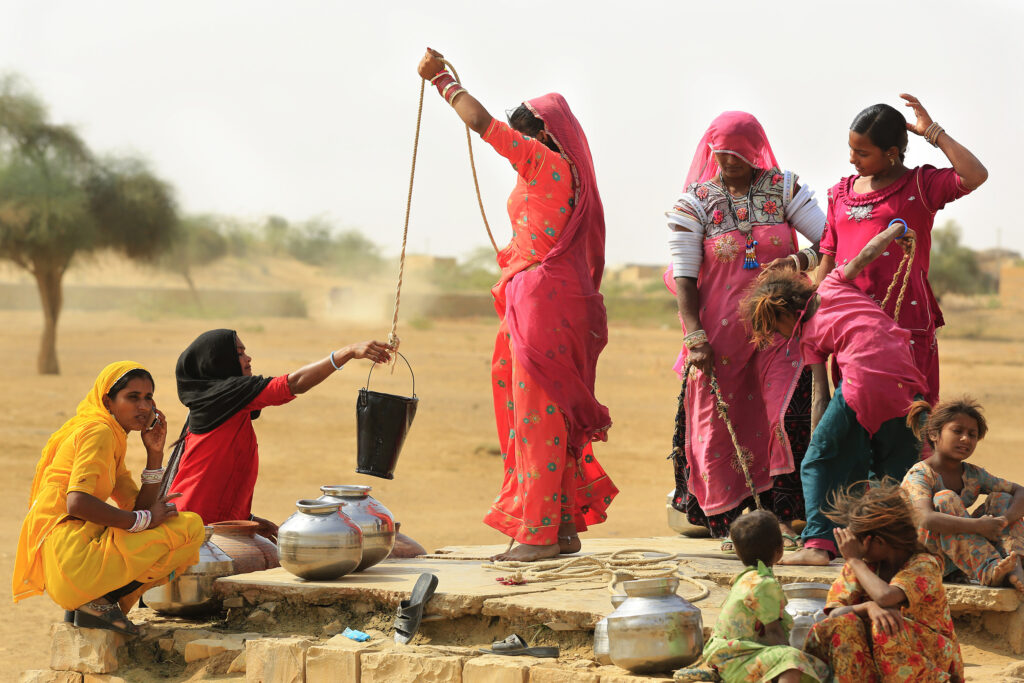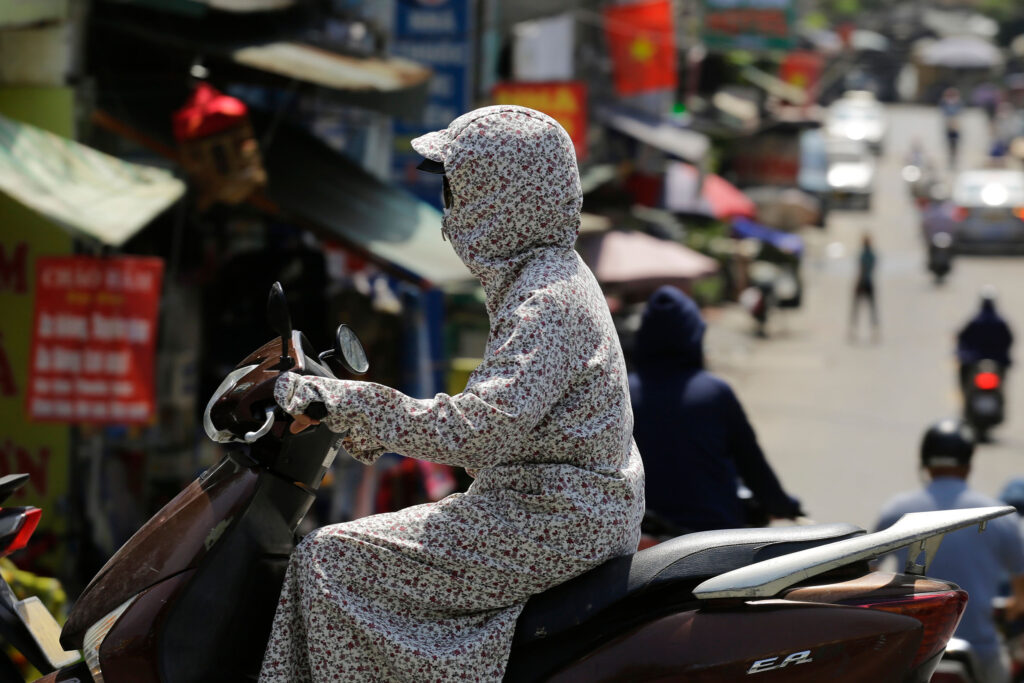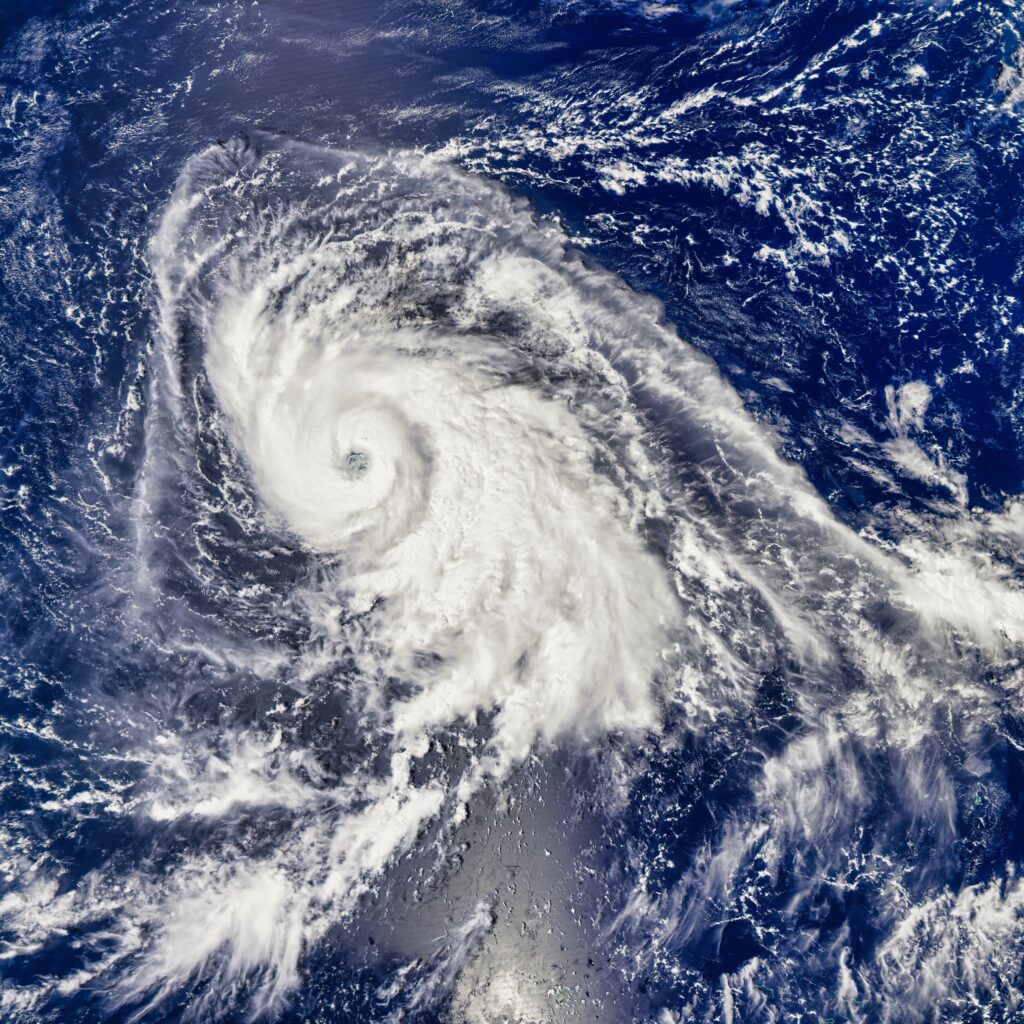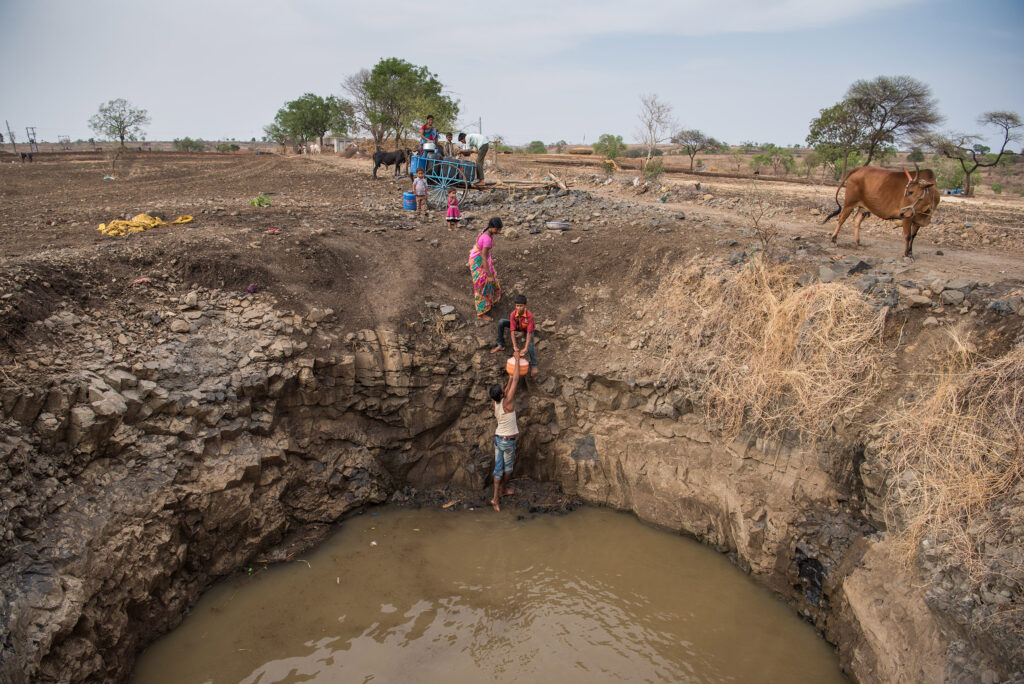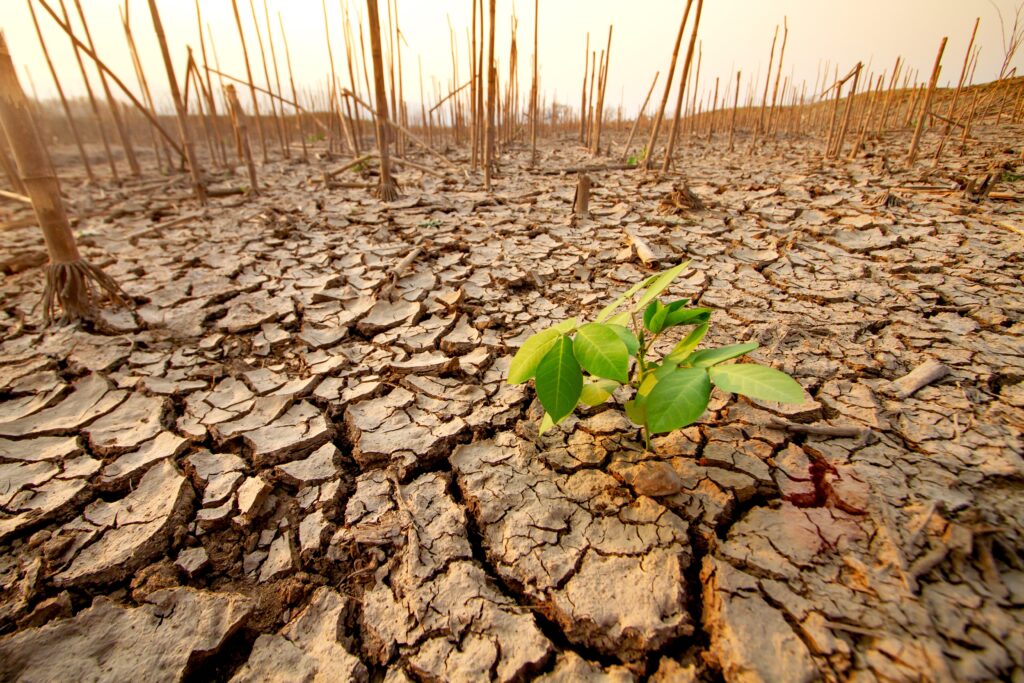Every year, Japan’s famed cherry blossom trees erupt into an awe-inspiring display of pink and white flowers, drawing throngs of tourists from around the world and marking the symbolic start of spring.
But, the human-induced climate change is pushing that date earlier each year, meaning prospective sakura blossom observers preparing to observe the trees in 2023 may see them bloom far sooner than expected.
Early Blooming Sakuras in Kyoto
In 2022, cherry blossoms in the central city of Kyoto bloomed on April 1. In 2021, they reached their full flowering date even earlier, on March 26.
That’s the earliest date that sakura trees have peaked in 1,200 years, according to a study by Yasuyuki Aono, a researcher at Osaka Metropolitan University. The researcher has gathered records on Kyoto’s cherry blossoms dating back to 816 AD.
Why Are Cherry Blossoms Blooming Early?
It’s part of a troubling trend that is being exacerbated by numerous factors, none more significant than greenhouse gas emissions from humans. Global leaders will arrive in Japan for this year’s G7 Summit in May, which traditionally marks the end of the cherry blossom season. This year, however, it’s possible that G7 attendees won’t see any blossoms at all.
Early Blooming Cherry Blossoms in Tokyo
The Japan Meteorological Corporation, in its latest 2023 Cherry Blossom Forecast, predicts that sakuras will bloom in Tokyo a whole week early, starting on March 14 and peaking on March 21. Kyoto’s Cherry trees are expected to begin flowering on March 17 and will peak on March 27, according to the forecast.
This is hardly a surprise, given that 2022 was one of the planet’s hottest years ever recorded.
Japan endured record-shattering heatwaves in the summer of 2022 and 16% of the country experienced the hottest day ever recorded for June. Tokyo saw temperatures above 35°C for 14 days, breaking the previous record of 13 in 2010 and 1995. Japan’s rainy season also ended in late June, 22 days earlier than normal.
The sweltering summer was followed by an unusually warm winter, creating a perfect storm for another early blooming season. Meanwhile, research shows this is becoming a trend.
The Role of Climate Change
Climate change has pushed Japan’s peak bloom season forward by 11 days, according to a 2022 study authored by Aono, along with climate scientists Nikos Cristidis and Peter A. Stott of the Met Office in the United Kingdom.
The study, published in the journal Environmental Research Letters, said that extreme early blooming events, such as in 2021, are now 15 times more likely to occur than they would be without human influence.
By the end of the century, they warn us to expect extremely early blooming sakuras every few years. The occurrence will become so common that it will no longer be considered rare.
Japan’s Vulnerability to Climate Change
Early blooming has drastic effects on Japan’s tourism industry, which booms during the cherry blossom season. But, the pitfalls of earlier blooming periods don’t end there. Rising temperatures also disrupt the delicate ecosystem of plants, insects and animals, which react to each other as the air gets hotter. When sakuras bloom earlier, other plants and insects may also grow faster, disrupting their life cycles.
The researchers point out that other factors contribute to early blooming seasons, including urban warming. The buildings and paved roads of Japan’s cities absorb the sun’s heat and become heat islands, pushing temperatures up several degrees beyond surrounding rural areas.
However, human-induced emissions are by far the most significant factor. And Japan’s early blooming sakuras are just one of the effects climate change has on the island nation.
Rising sea levels and worsening floods and typhoons are endangering coastal and low-lying communities. In 2018, Japan’s worst floods in 36 years left at least 237 dead and destroyed nearly 7,000 houses after torrential rain pummeled the country’s southwest. The next year, a devastating typhoon killed at least 80 and became the second-costliest Western Pacific typhoon on record.
Meanwhile, as ocean temperatures get hotter, corals in Japan’s seas are dying. This affects the fish and wasabi crops that are essential to the country’s famed sushi culture.
Where Do Sakuras Bloom the Earliest in Japan?
Japan’s peak season varies throughout the country. Tokyo is usually one of the first cities to see blooming cherry blossoms, followed shortly by Kyoto’s famous sakuras.
In Hokkaido, Japan’s northernmost prefecture, peak flowering season usually overlaps with the country’s Golden Week holidays in early May. The 2023 forecast projects that sakura blossoms in Sapporo, the prefecture’s capital, will bloom on April 25 and peak on April 28.
Japan is not the only country where sakura trees are blooming earlier. Cherry blossoms in Washington, DC, are projected to bloom as early as March 18, which would be the third-earliest date since the trees were planted more than a century ago.
In New York’s Central Park, cherry blossoms have begun blooming in early March, far sooner than usual. Meanwhile, the city has seen around 5.8 centimetres of total snow this year, its lowest snowfall total on record.
Nick Aspinwall
Journalist, New York
Nick Aspinwall is a journalist based in New York. He was previously based in Taipei and Manila. He reports on migration, the environment, labor rights, and the human consequences of geopolitics. Nick’s work has appeared in The Washington Post, The Daily Beast, Vice, Al Jazeera, The Nation, Foreign Policy, Reuters, The New Humanitarian and many more. When he’s not reporting, he’s probably on a diving boat or getting lost in a mountain range.
Nick Aspinwall is a journalist based in New York. He was previously based in Taipei and Manila. He reports on migration, the environment, labor rights, and the human consequences of geopolitics. Nick’s work has appeared in The Washington Post, The Daily Beast, Vice, Al Jazeera, The Nation, Foreign Policy, Reuters, The New Humanitarian and many more. When he’s not reporting, he’s probably on a diving boat or getting lost in a mountain range.

